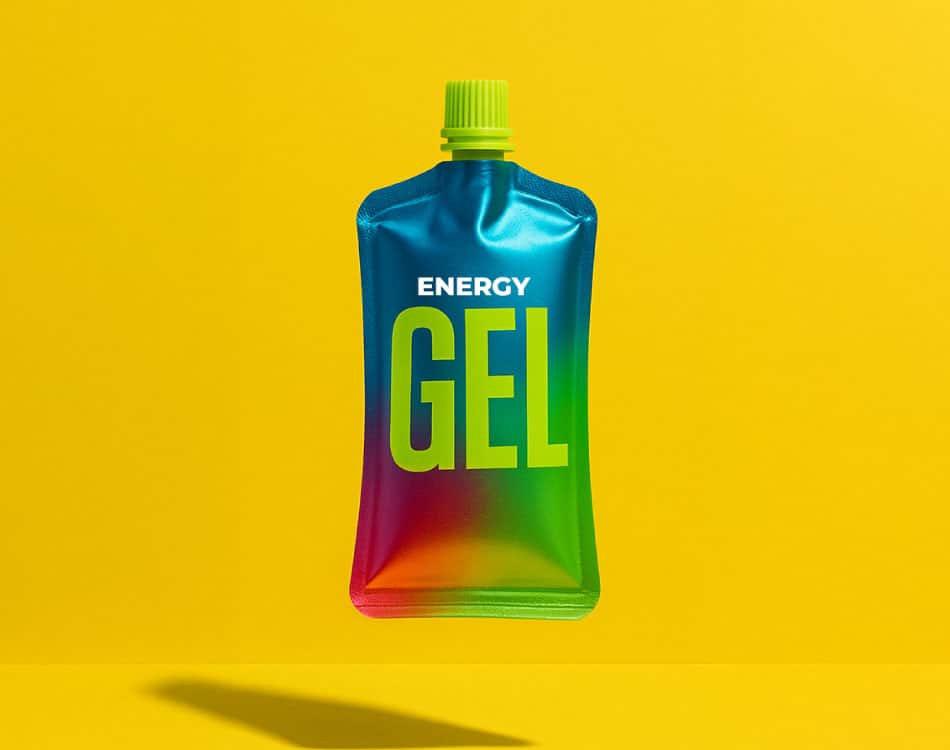There are numerous ways endurance athletes choose to get their caffeine fix, and its prominence is growing in the nutrition and supplement regimens of those on the hunt for performance gains.
Whether your preference is coffee, gels, energy drinks or tablets, caffeine’s stimulatory effects are widely revered for its ability to increase focus and boost energy.
Boost performance with caffeine
Research affirms that caffeine can help to improve performance via a number of physiological processes.
For instance, supplements that contain caffeine increase metabolism and enhance energy production, particularly the efficiency with which your body burns stored fat to deliver sustained energy during prolonged exercise, like endurance races.
And with more free fatty acids circulating in the bloodstream, caffeine also helps to spare our body’s less abundant fuel source – glycogen – which we can then use later on during more intense efforts or at the end of a race.
Caffeine’s cognitive kick
It’s most potent benefit is mental, though. It has the ability to reduce feelings of perceived exertion and pain, and also improves cognition for better decision-making when working at or near your physical limit.
This effect is linked to the brain benefits of caffeine and the stimulatory effect it has on the central nervous system. Consequently, this has a direct impact on performance.
When you ingest a supplement like a gel that contains caffeine, or a triple espresso before training, the compound is absorbed and then travels to the brain, where it elicits its most potent effects.
Once in the brain, caffeine blocks an inhibitory neurotransmitter from binding to a receptor, where it would normally accumulate over the course of a day, leading to feelings of drowsiness and tiredness. By limiting this process, caffeine increases alertness.
In response, levels of other neurotransmitters like adrenalin, norepinephrine and dopamine increase, which gets neurons in the brain firing. This is how caffeine elevates our mood and leaves us feeling energised from the ‘buzz’.
Getting caffeine’s full benefit
However, to access these benefits you need to be precise in your caffeine dosing.
It can be impossible to tell how much caffeine there is in a cup of coffee or tea as there are numerous variants, explains qualified endurance coach Mark Wolff, who is also the co-founder of the 32Gi endurance supplement range available at Dis-Chem.
“The other important point to remember is that caffeine affects individuals differently, depending on the amount consumed, the frequency of consumption, and a person’s individual metabolism.”
For caffeine to have its intended impact, an athlete should be more caffeine sensitive. “That means those who consume a lot of caffeine every day won’t derive as much benefit as someone who consumes less,” says Mark.
As such, a caffeine fast prior to major races or events is often an intelligent approach as this improves receptor sensitivity, which could offer a more pronounced effect on race day.
Caffeine on the run
Timing your caffeine consumption during an event is also vital, suggests Wolff.
“Scientific testing shows that consuming around 1-2mg/kg around 3-4 hours before an event is best. It gives the body time to mobilise free fatty acids for use, and is long enough before the event to remove the acid from the system and mitigate the risk of dehydration if you are more susceptible.”
Ingesting some form of caffeine during an event is also ideal, particularly longer endurance events, as it boosts mental alertness and can lift your mood.
“The amount and timing of your caffeine intake must be tested in training before a race to get an understanding of your thresholds and digestive system response,” cautions Wolff.
This is often where gels, liquids, tablets and chews offer a convenient, concentrated and exact dose to help achieve your desired results.
Finally, caffeine after your race or training session can also aid recovery. “Studies also show that combining caffeine with a complex carbohydrate after exercise can reduce the time taken for glycogen replenishment. Under testing, it’s been shown to speed up the process by as much as 60%,” concludes Mark.















